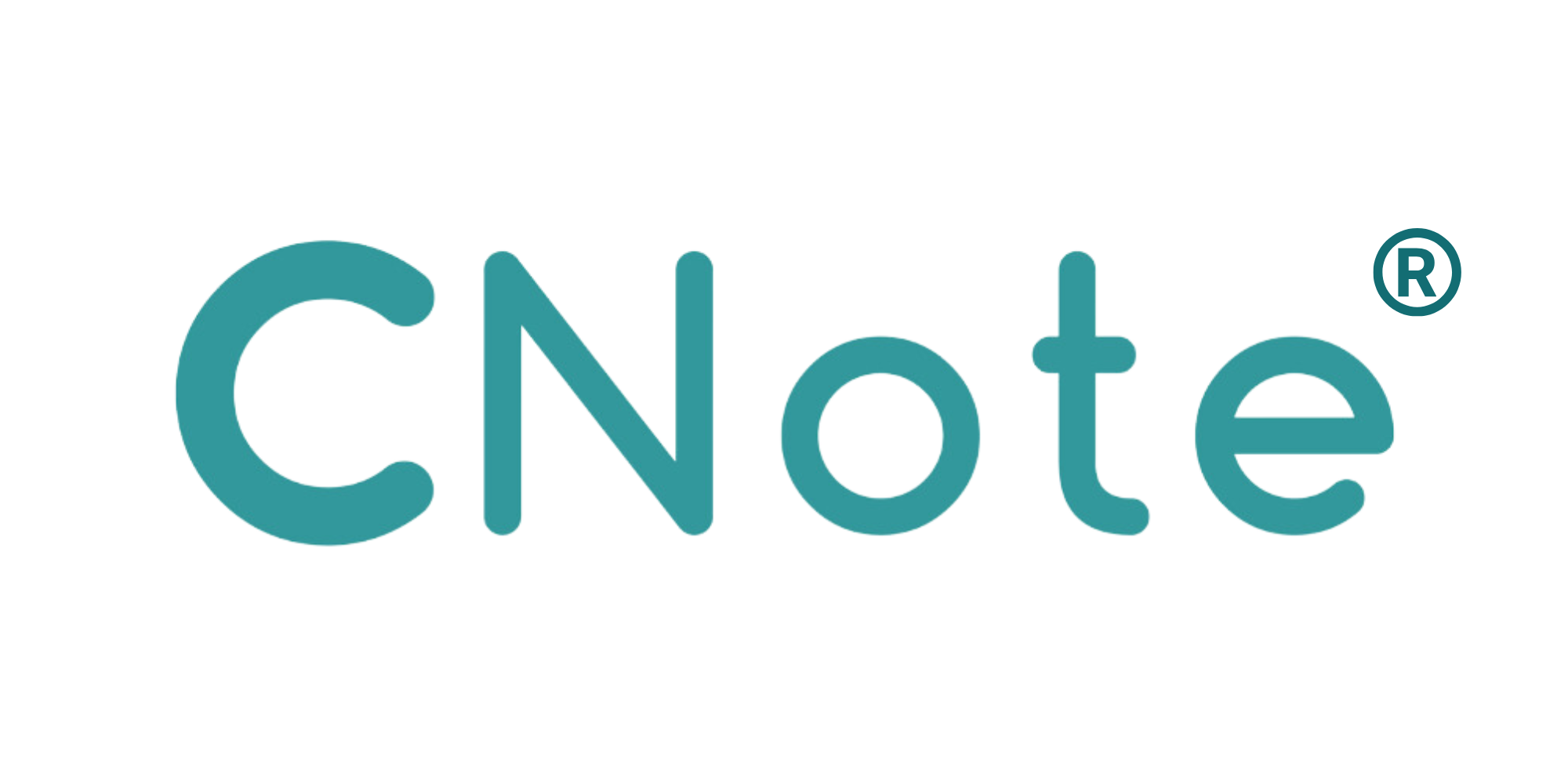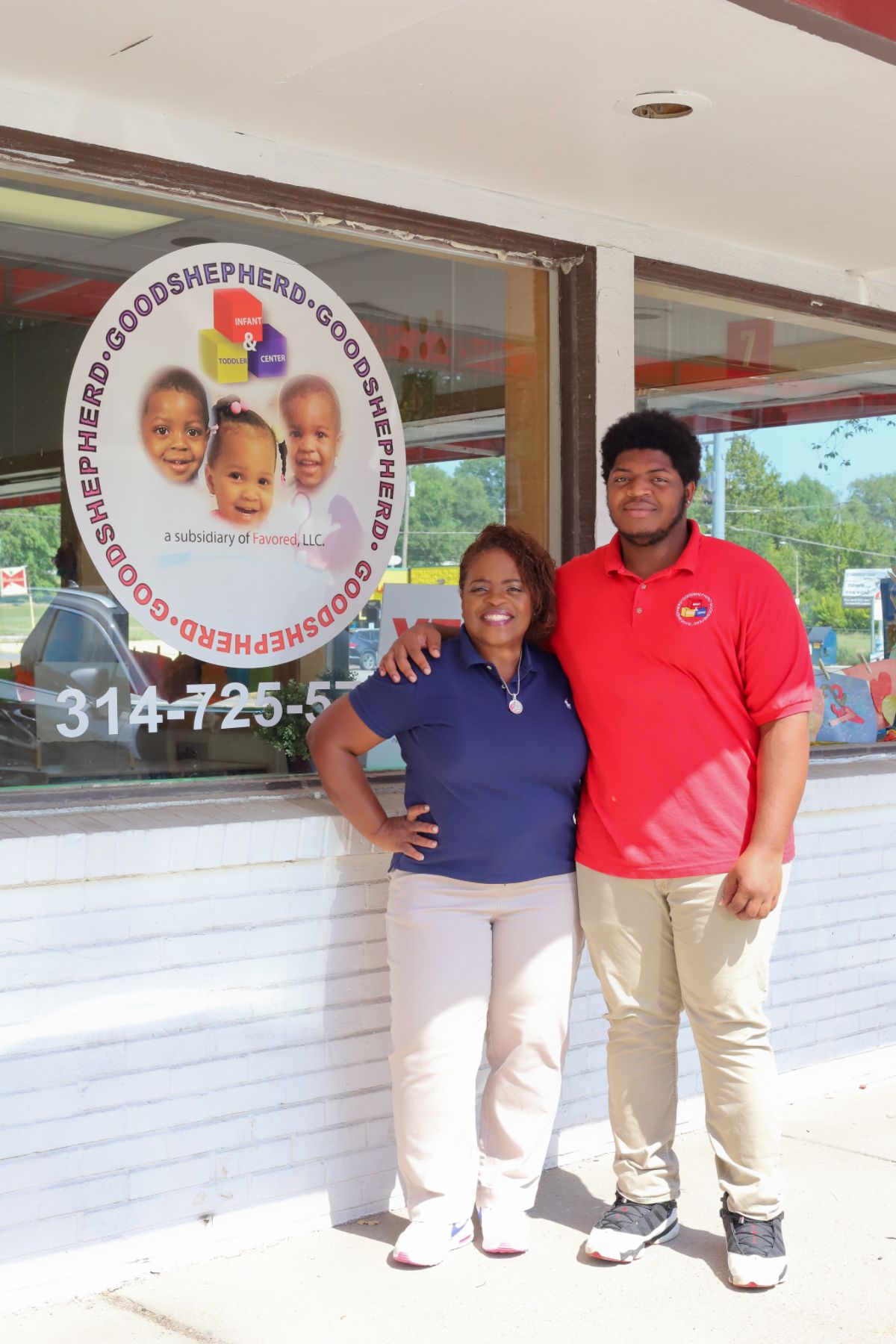There is a staggering disparity between the wealth of Black communities and their white counterparts in the United States where wealth is the difference between financial and social mobility and terminal economic insecurity. In 2019, Black households, on average, had 14.5 percent of the wealth of the average white household. This disparity is reflected throughout racial inequities in financial access, educational attainment, and health outcomes for people of color.
Entrepreneurship and business ownership are crucial and proven ways to develop community wealth that benefits business owners and the people they employ. Black business owners have historically had unequal access to the benefits of business ownership and dealt with disproportionate barriers to accessing capital. Investing in the success of these enterprises owned and led by Black entrepreneurs is a critical component to closing the wealth gap and improving Black equity in America.
All of us can participate in supporting Black-owned small businesses. Here are a few ways to make a difference.
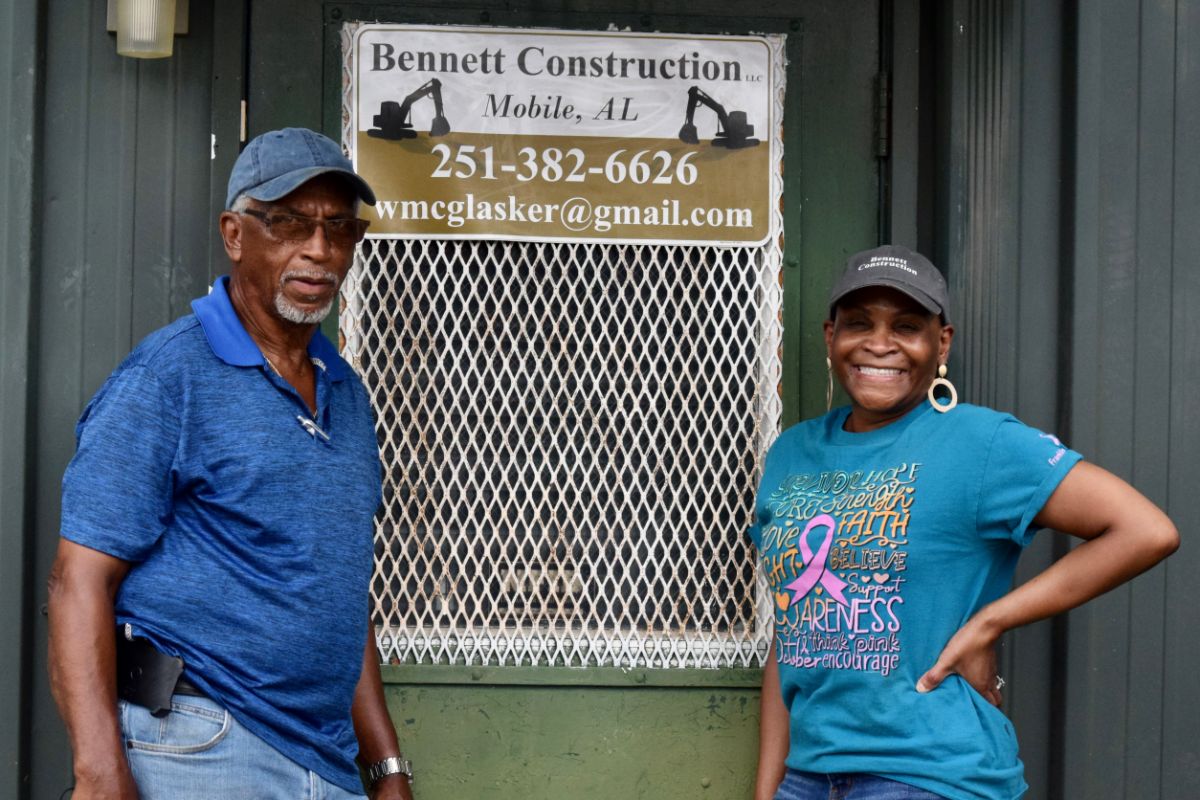
1. Shop and support Black-owned small businesses directly
In 2020 consumer spending accounted for 70% of economic growth. By taking the time to divert some of that purchasing power, buyers can contribute to strengthening Black businesses as a direct line to supporting Black communities and their economy with job growth and wealth generation. Black-owned businesses tend to be smaller, local establishments and multiple studies have shown that these small businesses reinvest in the local economy at a higher rate than chains do.
By shopping at Black-owned businesses, we can create more opportunities for meaningful savings, property ownership, credit building, and generational wealth. And luckily, this can be easy to do! Below we have compiled a list of resources to find Black-owned enterprises in your area.
- Support Black Owned: This website and mobile app helps you find Black-owned businesses from all over the country.
- African American Literature Book Club: This database is dedicated to the many Black-owned bookstores across America.
- EatOkra: The EatOkra app is great for specifically finding Black-owned restaurants and food services.

2. Encourage Your Company to Participate in Racial Justice Pledges
In the aftermath of 2020’s racial justice protests, large corporations pledged billions of dollars to either support or directly spend money at Black-owned businesses.
Sephora, for example, announced last year that they will increase their shelf space for Black-owned businesses from 3% to 15% and Target pledged to increase the number of Black employees by 20%. Not only is there a strong business case for companies to follow through on these promises, but supporting Black-owned businesses has far-reaching positive implications for Black communities and the economy overall.
You can advocate for greater diversity, equity, and inclusion within your own organization by pushing for similar commitments. Consider taking The 15 Percent Pledge, which is a call to action for major retailers and corporations to join their peers creating supportive ecosystems for Black-owned businesses to succeed.
Otherwise, explore racial equity pledges that work for your firm. Check out Just Capital’s Corporate Racial Equity Tracker to get inspired by other corporations’ approaches to racial justice.
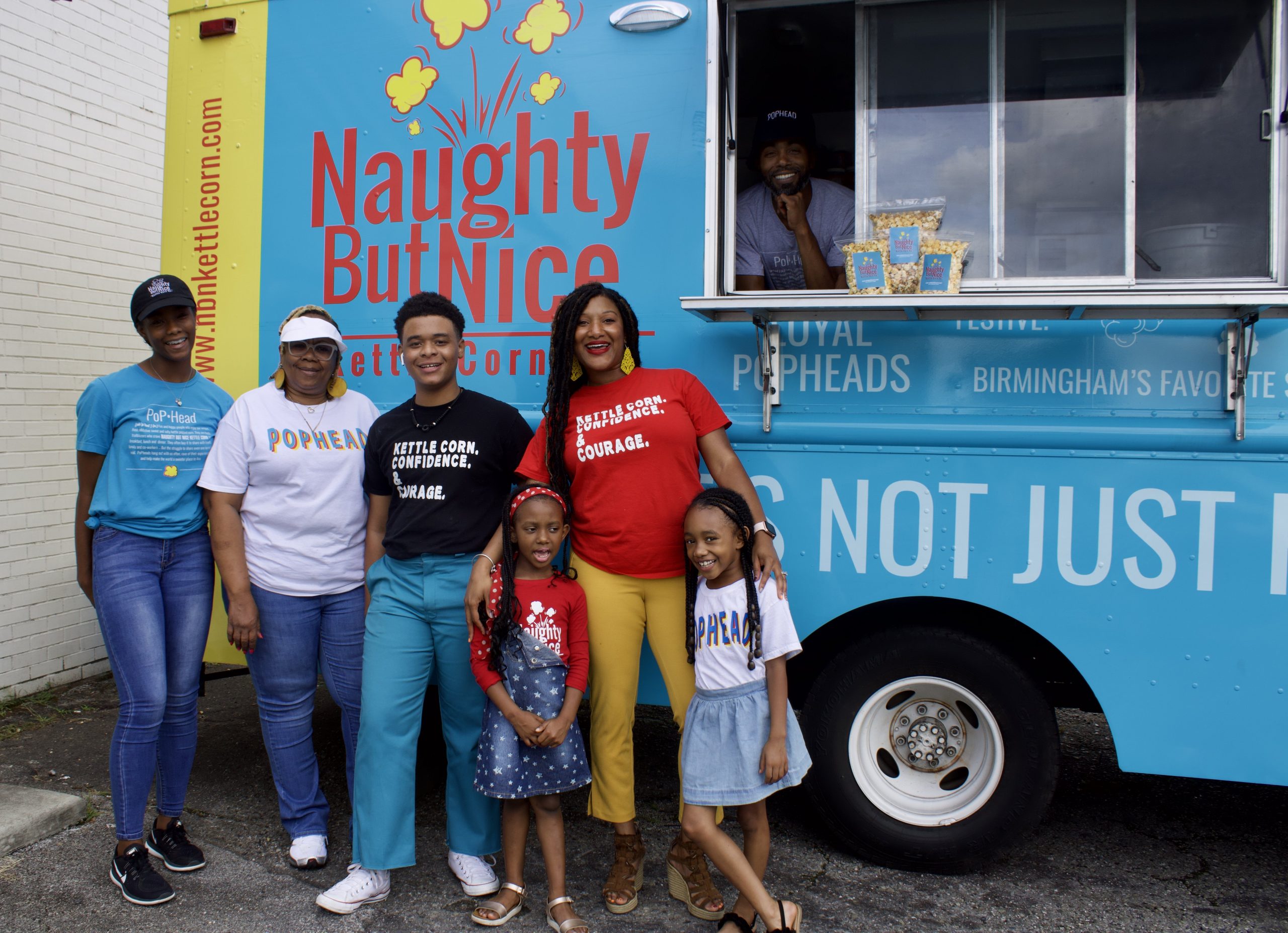
3. Bank with Black-led Financial Institutions
A 2017 study by the National Community Reinvestment Coalition found that traditional banks were twice as likely to provide business loans to white applicants than Black ones. This is reflected in the finding that 30 percent of black families are underserved by banks and 17 percent are disconnected from banking opportunities.
Intentional about helping the Black community, Black-led financial institutions tend to serve African Americans more than other banks do. Growing the deposit base for these organizations directly expands their capacity to increase financial access and wealth generation within the communities they serve.
Consider transitioning your banking relationships to include Black-owned or led financial institutions. Investopedia, Mighty Deposits, and Business Insider all offer comprehensive guides to Black-led financial institutions available by state, and equally share further background on the history and merits of Black banking.

4. Explore CNote’s Wisdom Fund
A report found that Black-owned businesses decreased by more than 40% in April 2020, which was more than other racial and ethnic groups. Today, the number of Black-owned businesses has since recovered, and currently, there are 30% more Black-owned businesses than there were pre-pandemic. Much of this growth is being driven by women of color.
Historically women of color entrepreneurs have faced the compounded barriers of racist and sexist lending practices endemic to the financial system. Black women entrepreneurs have a median net worth 10 times greater than that of their nonbusiness-owning peers. Investing in the success of Women of Color entrepreneurs, therefore, has an outsized effect on the development of Black economies.
CNote launched the Wisdom Fund product to directly address the disparity in small business lending and further investigate the barriers to capital that burden Women of Color entrepreneurs. Capital invested in the Wisdom Fund is deployed with mission-driven lenders across the US as affordably-priced loan capital targeting female small business owners.
You can learn more about the Wisdom Fund and the work we’re doing to dismantle capital barriers for Women of Color here or inquire about investing directly via support@mycnote.com.
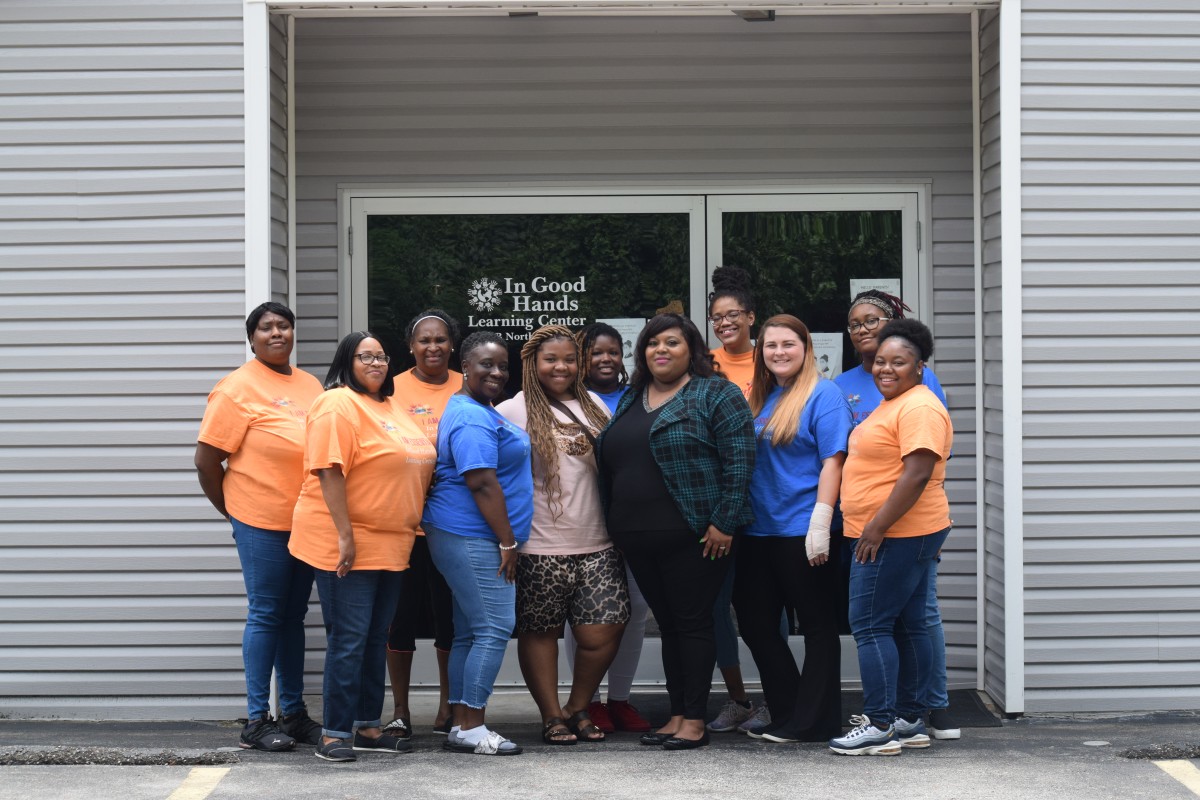
Supporting Black-owned businesses is a direct line to supporting Black communities and advancing racial equity. Above we’ve listed just a few avenues to explore, but the truth of it is today there is a myriad of options to authentically advance inclusive economies and shrink the persistent racial wealth gap year-round.
Learn More
- CNote is a women-led investment platform that empowers individuals and institutions to invest locally to further economic equality, racial justice, gender equity, and address climate change.
